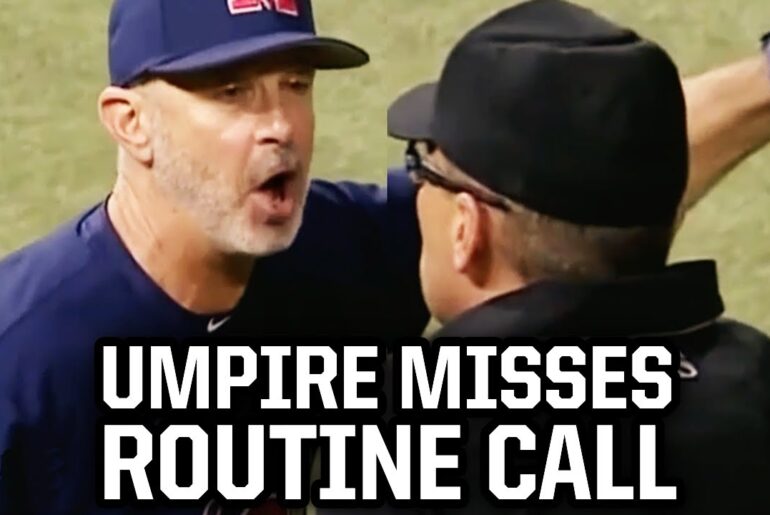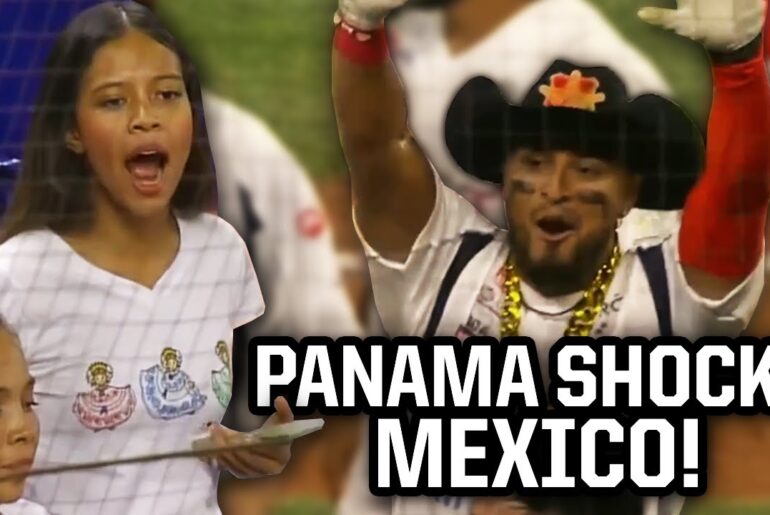During the game, the Nationals were faced with a bases-loaded situation, and the opposing team, the Houston Astros, had their infield in position, ready to cut off the runner at home. The tension was high as the pitcher delivered a 100-mile-per-hour fastball, resulting in a jam shot. The ball was fielded, and a play ensued that ultimately led to the Astros scoring and winning the game. However, it was the interpretation of the interference rule that left the Nationals and their manager, Davey Martinez, feeling aggrieved.
Understanding the Interference Rule
According to the rule, the batter must establish their running path within a specific lane, which is often challenging due to the natural inclination of runners to deviate from this line. In this particular play, it was argued that the batter failed to establish himself within the proper lane, making him susceptible to interference. The Nationals’ frustration stemmed from the fact that, in order to avoid interference, the catcher and first baseman had to throw the ball directly at the runner, rather than employing a more strategic approach. This raises concerns about the rule’s effectiveness and the potentially hazardous strategies it promotes.
Inconsistencies in Umpire Calls
What made the situation even more frustrating for the Nationals was the inconsistency in umpire calls. Davey Martinez has been on the receiving end of similar interference plays in the past, where the rule was strictly enforced against his team. However, in this instance, the call went against the Nationals, despite Martinez’s belief that the batter had not established himself within the running lane. The lack of consistency in applying the rule has left players, coaches, and fans confused and disheartened.
The Need for Rule Revision
The controversial interference rule has sparked a broader discussion about its validity and impact on the game. Critics argue that the current rule places players in awkward and unnatural positions, forcing them to adopt strategies that may not be in the best interest of the game. The Nationals’ manager, Davey Martinez, who has previously disagreed with the rule, found himself in the unique position of benefiting from it. This paradox underscores the need for a comprehensive review and potential revision of the interference rule.
Call for Increased Rule Review
The Nationals’ loss in this crucial game has reignited the debate surrounding the interference rule. Davey Martinez’s frustration was evident as he confronted the umpire, seeking clarification and a review of the disputed call. However, the umpire maintained that the play was not subject to review, leaving the Nationals with no recourse. This highlights the necessity of implementing a system that allows for a more thorough review of contentious plays, ensuring fairness and accuracy in crucial moments.
Conclusion
The controversy surrounding the interference rule in baseball continues to divide opinions. The Nationals’ recent loss, coupled with inconsistencies in its application, has intensified the call for change. It is evident that the current rule places players and umpires in challenging positions, and its impact on the game can be far-reaching. As baseball moves forward, it is crucial for the league to address these concerns, engage in meaningful discussions, and consider revising the interference rule to ensure fairness and uphold the integrity of the game. Only through careful evaluation and potential amendments can baseball strive towards a more consistent and just playing environment for all involved parties.



